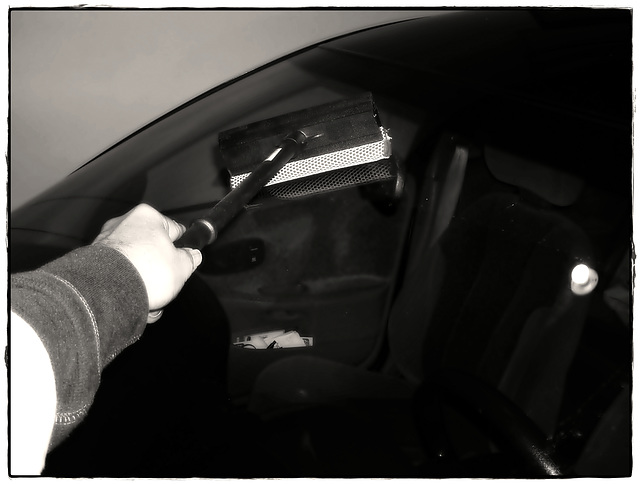£1,000 GUARANTEE OF PURITY
Communipaw Terminal (Ellis Island)
A street in Criccieth
Parking lot - reflection
Social to the core
Mothers of Invention
Beddgelert
The Elephant in the Boa Constrictor
Black Swan & David Hume!!
Fig.8-6. Apologies by political & religious leader…
Church Yard
Desert Places
Music of silence
Lost in the forest
Arthur Schopenhauer
Night Walk
This is the way to wash the clothes
Cosmographical world of mortals
May 2012
In the Conservatory (Four Season room)
Shenandoha
Fence
Starlake Redheads
Newyork
Spider flower - Cleome
Magnolia
Drop
Hobby
Downtown
Winter
Clematis
When is piece of matter said to be alive?
Green finch
Meadow
Bluebells
Liverpool
Beddgelert visitors
Llyn Padaran
Oriental Lilly
Language
Keywords
Authorizations, license
-
Visible by: Everyone -
All rights reserved
-
343 visits
- Keyboard shortcuts:
Jump to top
RSS feed- Latest comments - Subscribe to the comment feeds of this photo
- ipernity © 2007-2025
- Help & Contact
|
Club news
|
About ipernity
|
History |
ipernity Club & Prices |
Guide of good conduct
Donate | Group guidelines | Privacy policy | Terms of use | Statutes | In memoria -
Facebook
Twitter



Hume owned a house in Edinburgh. He rented it to his friend James Boswell, who in turn sublet it to a subtenant. The subtenant decided that the house needed some repairs. He hired a contractor to do the work, without consulting Hume. The contractor made the repairs and sent the bill to Hume. Hume refused to pay on the grounds that he hadn’t consented. He hadn’t hired the contractor. The case went to court. The contractor acknowledged that Hume hadn’t consented. But the house needed the repairs, and he performed them.
Hume thought this a bad argument. The contractor’s claim was simply “that the work was necessary to be done,” Hume told the court. But this is “no good answer, because by the same rule he may go through every house in Edinburgh, and do what he thinks proper to be done, without the landlord’s consent…and give the same reason for what he did, that the work was necessary and the house was the better of it.” But this, Hume maintained, was “a doctrine quite new and…altogether untenable.”
When it came to his house repairs, Hume didn’t like a purely benefit based theory of obligation. But his defense failed, and the court ordered him to pay.
The idea that an obligation to repay a benefit can arise without consent is morally plausible in the case of Hume’s house. But it can easily slide into high-pressure sales tactics and other abuses. In the 1980s and early “90s, “squeegee men” became an intimidating presence on New York city streets. Equipped with a squeegee and a bucket of water, they would descend upon a car stopped at red light, wash the window-shield (often without asking the driver’s permission,), and then ask for payment. They operated on the benefit-based theory of obligation invoked by Hume’s contractor. But the absence of cnsent, the line between performing a service and panhandling often blurred. Mayor Rudolph Giuliani decided to crack down on the squeegee men and order the police to arrest them. ~ Page 147
Sign-in to write a comment.